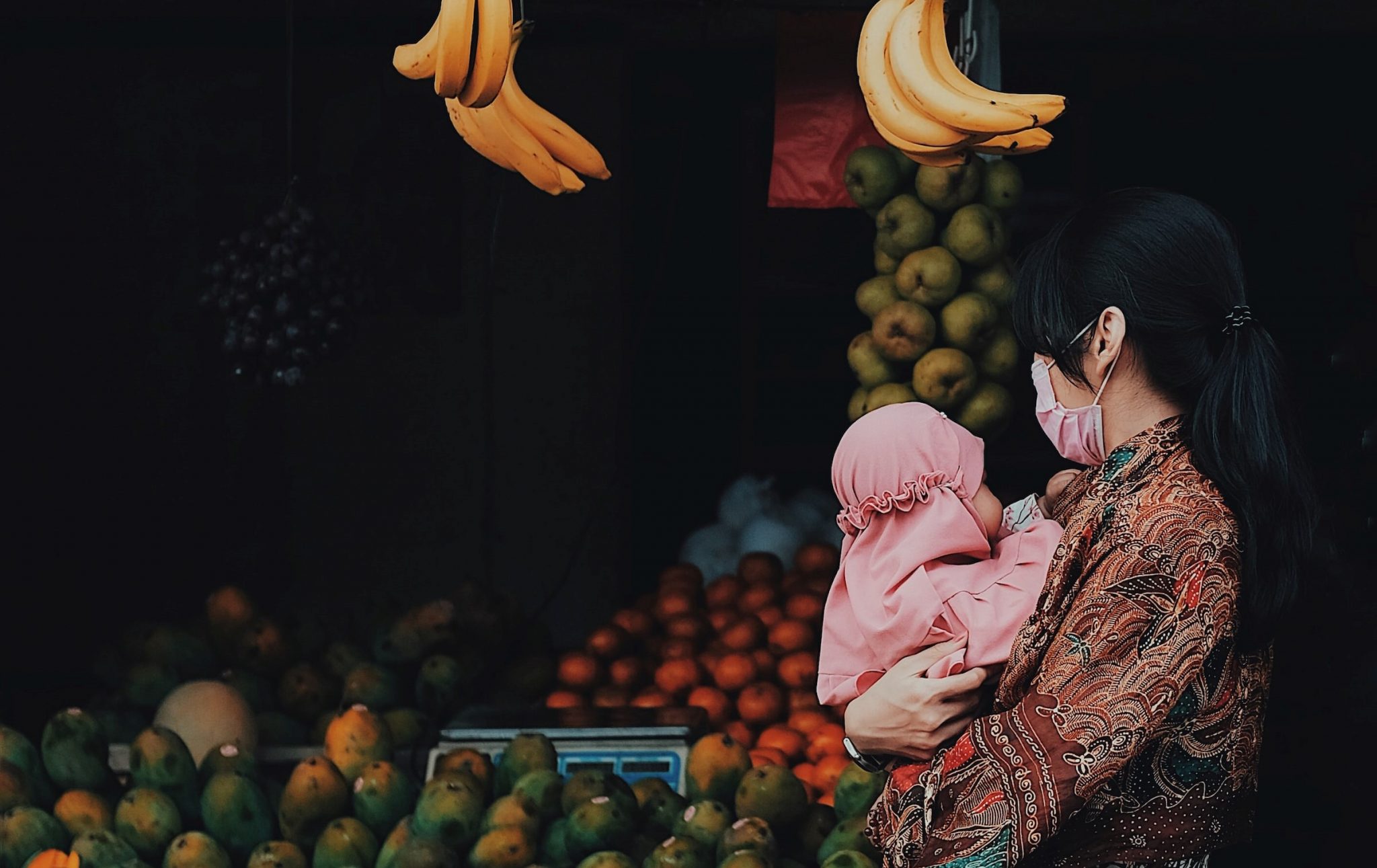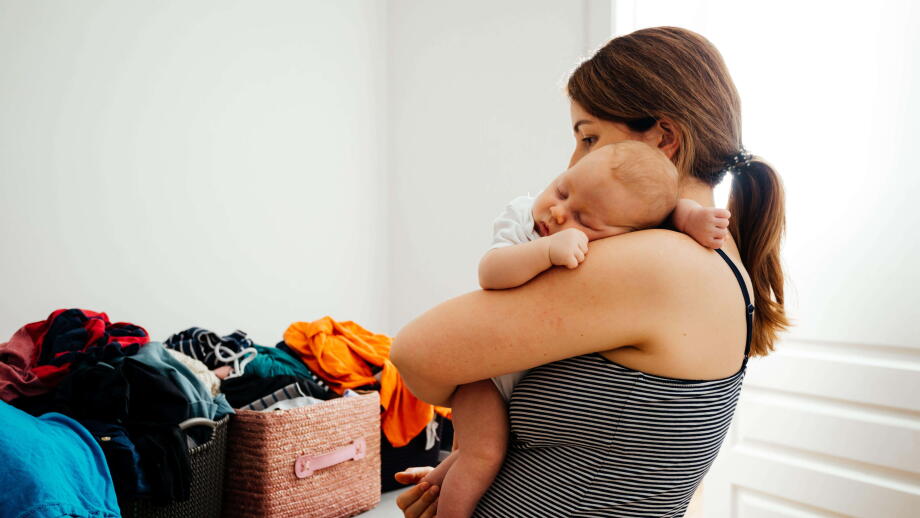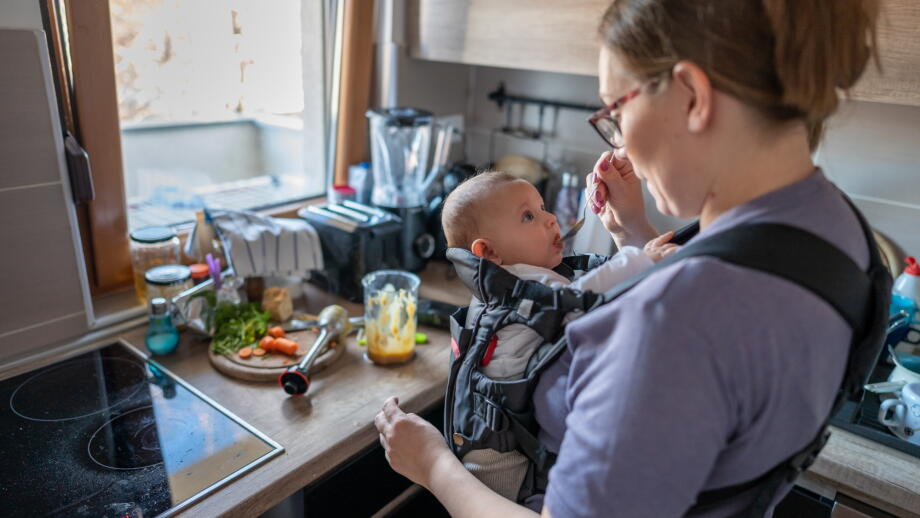In Short:
The study examines care in three Southeast Asian countries – Vietnam, the Philippines and Indonesia – and identifies key research, policy, and practice gaps
Key findings
What does the care economy look like in Southeast Asia? When it comes to looking after children, the elderly and disabled communities, who is doing the work and how is this labour valued, perceived and compensated?
To answer these questions, we undertook a comprehensive overview of the care economy in three Southeast Asian countries: Vietnam, the Philippines and Indonesia. The study examines care in each of these countries and identifies key research, policy, and practice gaps.
It focuses on...
- Defining the care economy in each of the countries assessed.
- Identifying the key focus areas and research findings from existing research
- Understanding forums where care is discussed (and how it is discussed), including who is doing what work in the region
- Identifying research, policy, and practice gaps.
Key findings to emerge from research include...
- Definitions of care and care systems remain under-developed, limiting the ability of countries to set policy and share common learnings.
- Baseline mapping of care interventions and opportunities remains a key gap, including assessing effectiveness and experiences in the care economy.
- Interventions that target structural and organisational impact provide the best opportunities for systemic gains – although they can require longer timelines and a more comprehensive, evidence-led approach.
- Embedding intersectionality and a sensitivity for cultural and religious norms, and understanding of historical precedents, is critical. Culture and history have shaped the evolution of formal and informal care, leaving women with a disproportionate burden of care. Norms and attitudes such as filial piety, gender roles, and the division of labour may be effective policy intervention points - but research, policy and practice must lead intersectionally and be sensitive to context.
- The disproportionate burden of care experienced by women in the three focus countries limits their ability to participate in the workforce, reinforcing the link between the status of the care economy and women’s status more broadly as a viable area for IW’s work.
Contact
Elise Stephenson
Deputy Director
Climate change, Intersectionality & identity, Politics & international affairs, The space sector, Youth engagement
Michelle Ryan
Director
Intersectionality & identity, Leadership & the Glass Cliff, Relationships & the care economy, The workplace & working lives
You may also like
The precarity of progress
During the Covid-19 pandemic, households around the world experienced a shift toward a more traditional division of household labour – one where women took greater responsibility for household tasks…
Progressing paid parental leave
Our recommendations for the Paid Parental Leave Amendment (Improvements for Families and Gender
Equality) Bill 2022
How do you approach dating men on the apps?
We want to understand how gender dynamics play out on dating apps, and how much gender equality beliefs influence people's decisions about who and how they date.
So if you are…





